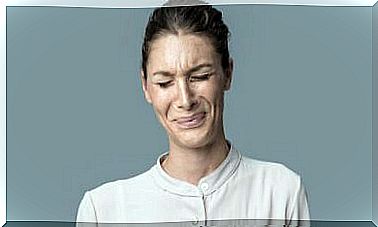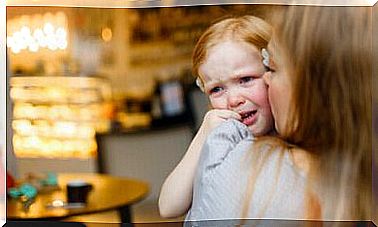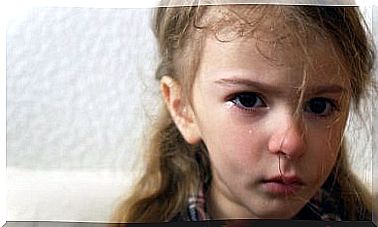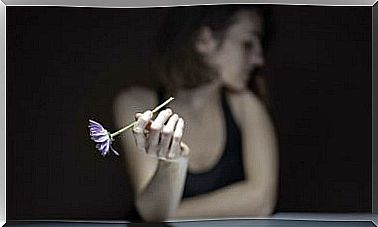John Coffey: A Different Masculinity
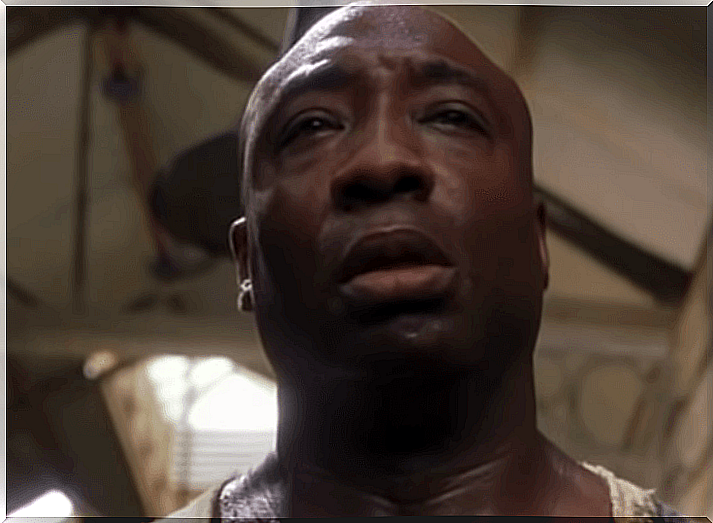
Every day we are more aware that there is no single masculinity, but that there is a wide range. There are many ways of feeling like men and of expressing our masculinity, and those that break with the established are making their way, gaining visibility at all levels.
Proof of this is that, for a long time, we have had examples on the small and the big screen. John Coffey, the protagonist of The Green Mile , whose name ” sounds like coffee, but is written totally differently “, is one such example. Let’s see why.
The old masculinity VS the new masculinities
More and more men are taking a step forward and distancing themselves from the majority or normative masculinity . That which is defined by the rude, the insensitive, which is reinforced with the mockery of the weak man.
More and more men are showing their vulnerabilities, insecurities, weaknesses and naturalizing them. In fact, we begin to see how men known to society take a step forward and teach us a new (although not so new) way of feeling like a man, of behaving like a man, of communicating … of being a man.
Are you curious? There are many sources full of information about this movement that is beginning to gain momentum. For example, there are several books that describe very well the phenomenon known as “new masculinities”, New good men, The fall of man or The man we (should not) be are just three of the many books that exist. And apart from books, there are communities and forums on the net that deal with this topic.
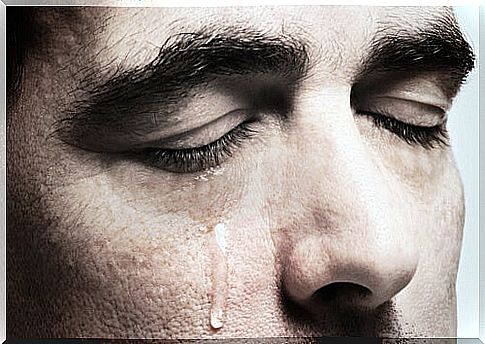
John Coffey: a curious example
What does this character have to do with the issue at hand? How is John Coffey related to the new masculinities? Well, curiously, the character and the theme are closely related.
Surely, unintentionally, Stephen King, creator of the novel Death Hall on which the film The Green Mile is based , in turn created a character with atypical masculine features. John is not an ordinary man, you just have to read the volumes of this work or watch the movie to realize it.
However, if we analyze John’s behavior from a psychosocial point of view, we quickly notice how this character does not meet the expectations of classic masculinity. And this man is physically very muscular, but he never uses his strength or brags about it.
John is a man who cries, who sobs, who has very common fears, who does not try to show himself to be okay or to be tough at all times. Mr. Coffey expresses his emotions, whatever they are, in whatever context they are. The only time John uses his strength is to benefit others. He makes the everyday something wonderful, he is sensitive to everything that surrounds him … he is, without a doubt, an example of well-constructed masculinity.
Following John’s example
Men often feel the dissonance produced by the difference between what society expects of us and what we think and feel. In fact, the crisis of masculinity that we live in today revolves around this type of dissonance.
We have always had ways of acting based on a normalized and expected way of being men: being forceful in our way of communicating, imposing ourselves on other men through a whole series of gestures, expressions, gestures and attitudes, transmitting a false security by making people see Whatever happens we are “unbreakable”… Faced with this, we now know that there are other, healthier ways of being a man.
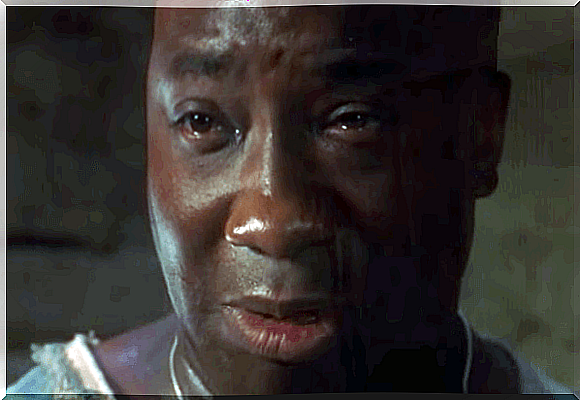
Alluding to the protagonist of this article, John Coffey, he does not have to bear that scourge, he does not pretend, he does not have the pressure to behave in this way so expected and even acceptable by many people.
Can you imagine that men could behave following this model? It would be a complete revolution. It would suppose that we men would care more … it would even suppose that care would not be considered exclusively as a “woman’s thing”, but that care would be a universal human activity.
Somehow, if we analyze and follow the example of John, or that of any other man who shamelessly shows his sensitivity and way of feeling like a man, different from what most people expect, in such a way that we change the way we feel and living ourselves, we would begin to walk the path towards a healthy masculinity and, therefore, towards a freer masculinity.

